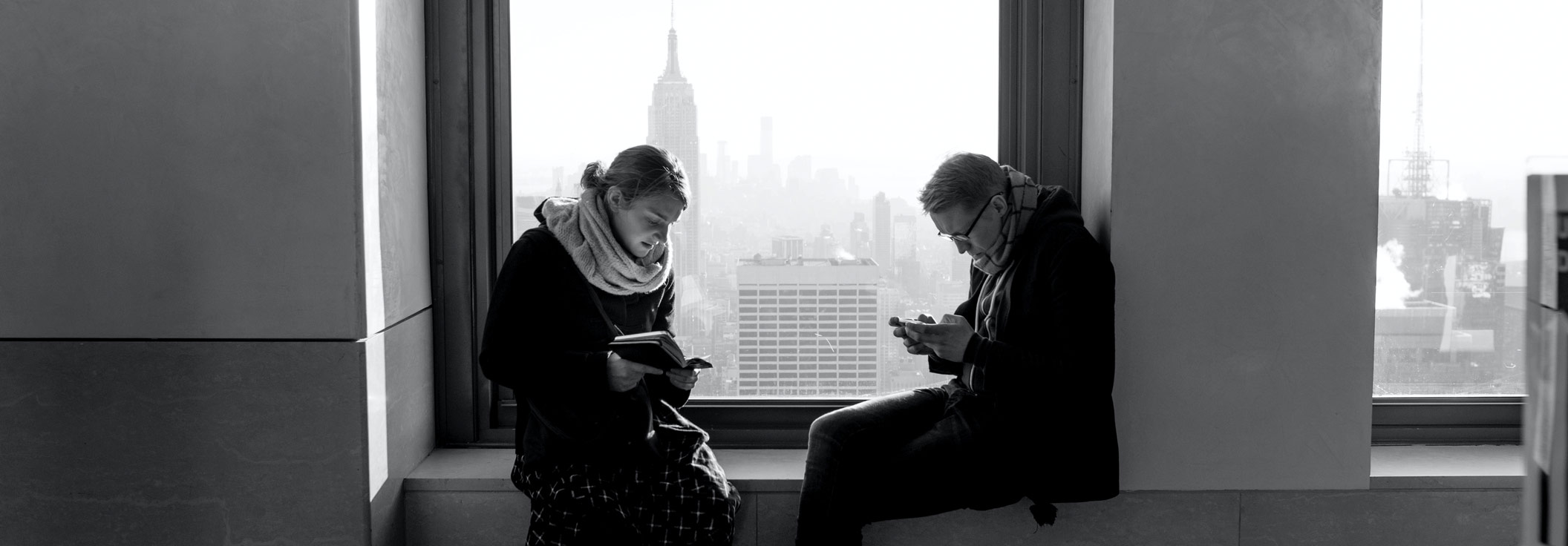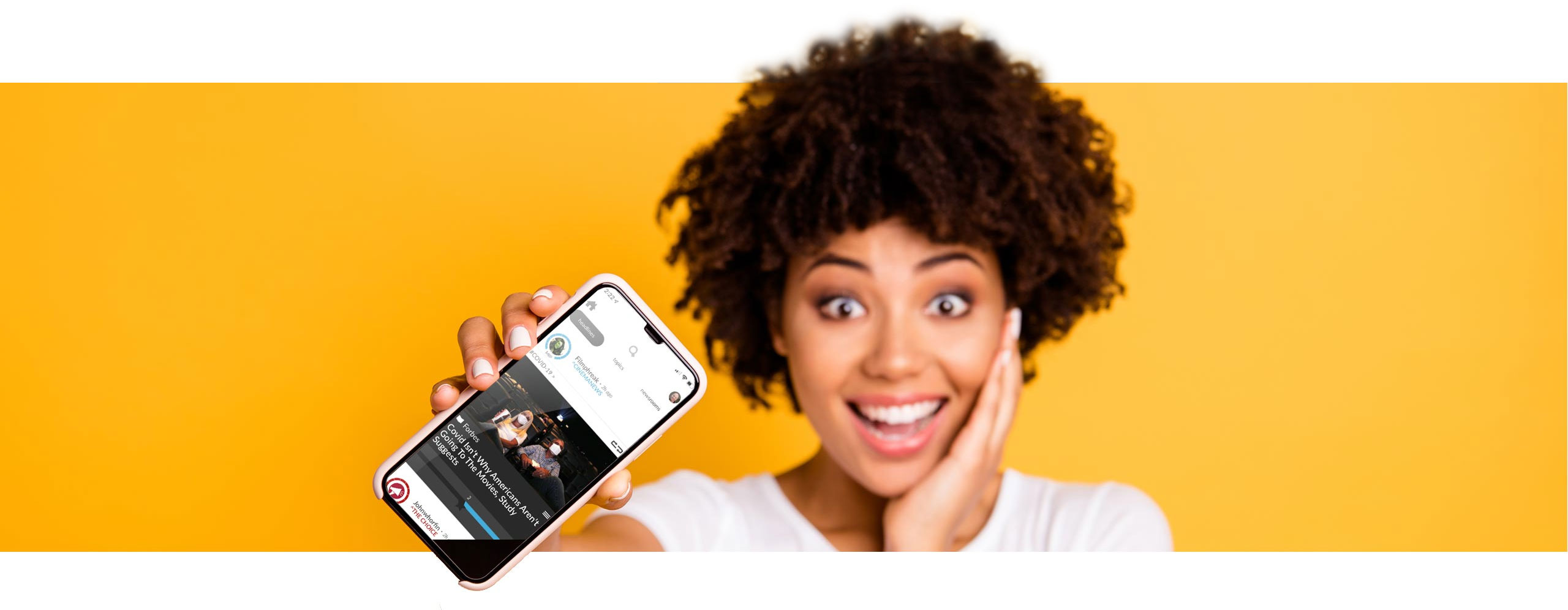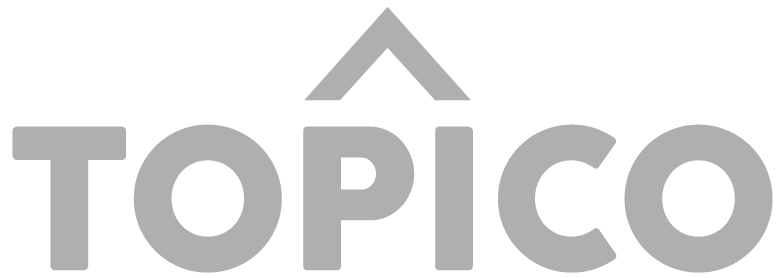A Case for Human-Curated News.
Staying informed in an age of information overload.

Photo by NordWood Themes on Unsplash
CBS: 60 Minutes.
“Never in human history has more information been available to more people. But it’s also true that never in history has more bad information been available to more people.”
We’re better than machines.
We’ve always been amazingly creative at curating content; art, books, music, and more…
So why not the news?
Consuming snippets.
News is consumed in so many ways, but these days we’ve found ourselves in an age of information overload where we’re now gobbling up tiny snippets around the issues and events of our times through TikTok videos and Instagram memes instead of taking the time to read a thoroughly crafted article.
To many, reading a 500-1500 word-count article sounds like a chore and is considered an increasingly unappealing task to mass audiences.
They want glanceable news that’s digestible in seconds, not minutes.
In today’s marketing-focused environment, there is what is known as the 80/20 rule in journalism, stating that 80% of consumers won’t read past the headline.
This is a quite believable statistic considering our attention-deficit society. Still, without digging into the complexities and nuances of an issue or event it’s now become an avenue for the misinterpretation of an issue or possibly the spreading of misinformation.
Glancing at a headline can oftentimes give you all the information you need, but when it comes to complex issues, they can be misinterpreted, or biased, sometimes even purposefully.
So while we can easily place the blame on mass media, we might want to take on some of the blame ourselves due to our own consumption habits.
A reliance on news aggregators.
With all that said, news aggregators seem like a great way to consume breaking news.
When we open our favorite news aggregator we’re presented with a feed of news articles that are carefully selected by an internal algorithm.
These algorithms often tailor content based on our behavior patterns, and this is in part how we end up in echo chambers, where we are only exposed to news that aligns with our existing beliefs, potentially exacerbating the polarization we are all witnessing play out across our social media feeds.
Watch a funny cat video, suddenly we’re inundated with cat videos. It’s like ordering a hamburger at a restaurant and the next time we visit they already have twenty hamburgers waiting for us.
Great if we really love hamburgers, but we won’t be getting much variety from this menu without a bit of effort.
Are algorithms bad? Not at all, but we’re currently heading down a narrow path where they’re becoming our only avenue to receiving our news and information, and that’s because for quite a while now, the top-tier social networks have been shifting away from promoting news articles. Often, this isn’t because of the content of the article, but the community reactions that result in friction, division, and anti-social behavior.
News and journalism have basically become the hot potato that these social platforms would love to shove off to the aggregators.
At this rate, it won’t be long until it’s only the algorithms pushing us the articles we consume, and we are then confined to being informed solely by the inventory of our news aggregators.
This is not good for news and journalism, which in turn is not good for any thriving democracy.
News vendors.
All of this is my long-winded (written) way to bring us to the intention of this article, which is to make an argument that in today’s digital age, the role of humans when it comes to curated news has never been more crucial.
Simply ask any Gen Y/Z’er where they post news articles and they’ll quickly tell you, “I never post the news.”
And the reasons are both quite understandable and incredibly disheartening.
“I don’t want to be attacked for my views.”
“It’s not relevant to most of my friends/followers.”
“I don’t know if it’s accurate, or even true.”
And that again leaves us with news aggregators that are built to study our habits and proclivities so that they can force-feed us articles that they are allowed to promote mainly due to their own conditional restraints, or sometimes even legal limitations.
This in turn traps us in a limited information bubble that’s often controlled by machines. It’s like we’re getting our news from a vending machine with a limited inventory.

Eli Pariser
“The filter bubble tends to dramatically amplify confirmation bias—in a way, it’s designed to”.
We’re only human.
But, you may ask, aren’t humans more flawed than algorithms?
I’m not sure there’s really an adequate answer. Like a lot of things, there are pros and cons to both algorithmic news aggregators and human news curation, and this post isn’t about which is better, but that humans shouldn’t be replaced by algorithms, and that both need to be in place for journalism and democracy to flourish.
The issue we’re facing today is that we as “users” (always disliked that word) of these services are losing ways for ourselves to curate the news, and without our participation, we’re handing all of what we consume over to the machines.
Humans are far from perfect, but it should be noted that we definitely have our perks.
We are able to understand context and nuance in a way that algorithms may not be able to. With human curation, we are able to find varied perspectives from a variety of sources, and browsing curated news from another human being is unlimited in being able to convey multi-faceted viewpoints.
When humans curate the news, we’re curating from an infinite pool of content, and each curation can be wildly different in perspective, simply by our selection of sources, many of which may not be within an aggregator’s inventory. And as previously stated, once the general public stops actively sharing news and information we will be reduced to being informed solely by the operators of the aggregators.
Just imagine what would happen if a small number of companies control the algorithms that curate news, this could lead to a monopolization of news distribution, reducing diversity and competition across the entire media landscape.
But, what about allowing all those terrible news sources coming into the feed?
Terrible by whose standards? I’m not talking obvious garbage like the BaldEagleAmericanPatriot.net
I mean, the Miami Herald, the Sacramento Bee, or the Houston Chronicle.
One hundred people could curate a news feed around the topic of the ‘War in Gaza’ and each curation would be unique based on their chosen sources (Al Jazerra, Fox News, NYT), as well as the articles they specifically select to share from those outlets.
Human news curation provides more exposure and greater reach of outlets beyond those limited by news aggregators and their trending algorithms.
We also understand clickbait.
We have the ability to recognize sarcasm
We can spot bias, and opinion over fact.
And most important of all, we can relate to an issue. We have emotions. We have empathy. We are human.
Will these varied curations have their own biases, skewed perspectives, and agendas? Of course! But, so do the algorithms, and exposure to more information isn’t necessarily bad IF we apply critical thinking and support news literacy.
And that’s a big “IF.”
This is where personal responsibility comes into play. We can’t relinquish the curation of news to the machines, but that means we need to acknowledge our own shortcomings as human beings and address them accordingly.
JoJo Beck
“We have self-centered minds which get us into plenty of trouble. If we do not come to understand the error in the way we think, our self-awareness, which is our greatest blessing, is also our downfall.”
We need to embrace the news again.
It’s well known that journalism and the publishers of the news are in a steep decline, and they have been for quite some time.
One reason is that I believe we have come to consider how we consume the news not all that different from how we get wifi from our local coffee shop.
We expect it. It’s free and a part of the service. It may have value, but we’re not going to pay for it.
Additionally, say the words “Mainstream Media” and watch people scowl and bristle.
Yet ask those people where they get their news and you often see that they’re deep down the rabbit hole of the internet to do their own “research.”
The thing with actual news publishers is that they can and are often held accountable for what they report. Is it perfect? No. Far from it. But, when was the last time you heard of a retraction or firing of an online influencer based on what they spouted in a TikTok video, or from their social media feed?
Journalists have editors. They have oversight.
They also have sources. They have relationships. They have access.
Is this to say that citizen journalism can’t provide valuable insights? Again, not what I’m suggesting.
Suffice to say, we need all of these participants. Much like news aggregators and human news curation, both news publishers and citizen journalists have their own merits as well.
But, the issue at hand is that we’re currently degrading and demonizing prominent news publishers, outlets, and their journalists.
We’ve elevated the noise of the internet, while diminishing traditional journalism.
We’re elevating the talking heads that comment on the news, while devaluing the professionals who write it.
We are sawing at the legs of the fourth estate, and toppling the protectors of democracy.
Albert Camus
A free press can be good or bad, but, most certainly, without freedom, a press will never be anything but bad.

Photo by Anne Hoang on Unsplash
Yeah, yeah, yeah… so what can we do about it?
By responsibly participating in our own interactions and promotion of news and information.
- We can stop commenting, or giving our opinions, and let the content of the article speak for itself.
- Conversely, stop giving our energy to online trolls, or people who have a different opinion. Will you change their mind? Could they change yours? I thought so.
- Take a moment to actually read, or at least skim the article to make an informed decision before sharing it with our own online following.
- We can demand features like downvoting to hold sources accountable, warn readers of clickbait, or simply provide feedback without being angry, or divisive.
- If we read something that seems a bit “crazy” or “unbelievable”… maybe it is? A ten-second Google search might make us rethink consuming news from that source again.
If we simply implemented these five points in our daily news consumption we could start living in a more civil society and maybe even find ourselves better informed on the issues, events, and topics that interest us.
We can support news aggregators.
We can support prominent news publishers.
We can support citizen journalists.
And, we can support them all by curating the news for a better informed, and a more civil society.
Wouldn’t that be nice?

Curating the news with Topico.
Topico is a mobile app for the user curation of news articles.
Our goal has always been to create an environment where we can comfortably share the news.
There are plenty of places to share the news, but those places also allow you to share photos, memes, and personal rants.
It’s our belief that to comfortably share the news we needed to build a platform that’s dedicated to only sharing news links, essentially Topico providing a way for people to create their own news aggregators for others to follow articles on the issues events, and topics that interest them.
User-curated news provides various perspectives and unique sources to showcase an infinite amount of personal curations.
Are humans far from perfect? – Of course, but they’re still the most capable of applying critical thinking and understanding context and nuance.
While A.I. has a place in finding relevant news and information, it’s our belief that human intelligence through personal curation is still needed to provide the general public the ability to actively participate in the sharing of knowledge and information.
Additionally, there’s an aspect of human curation that is often overlooked when discussing A.I. and algorithmic curation, and that’s the inclusion of creativity, aesthetics, and the most human of qualities, empathy.
